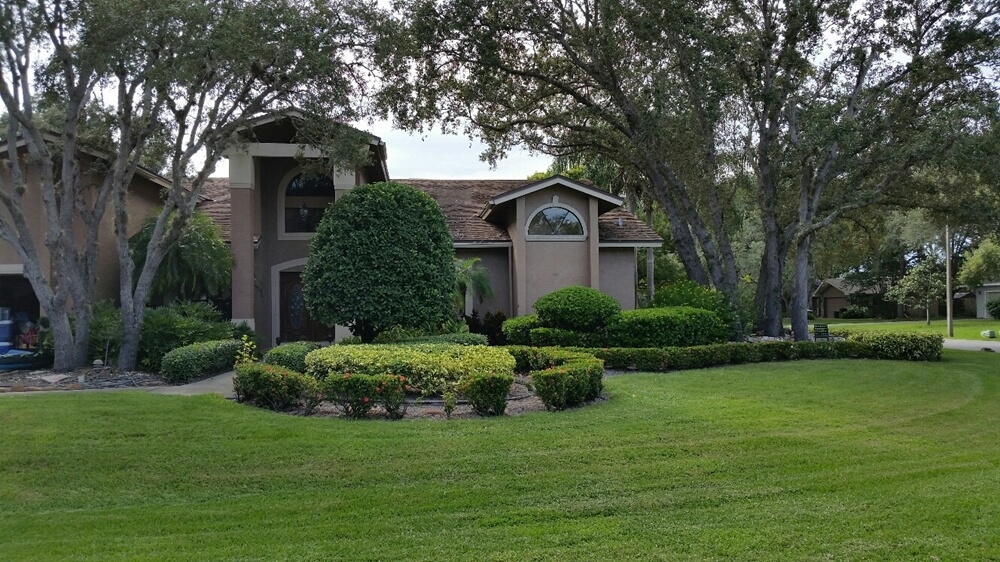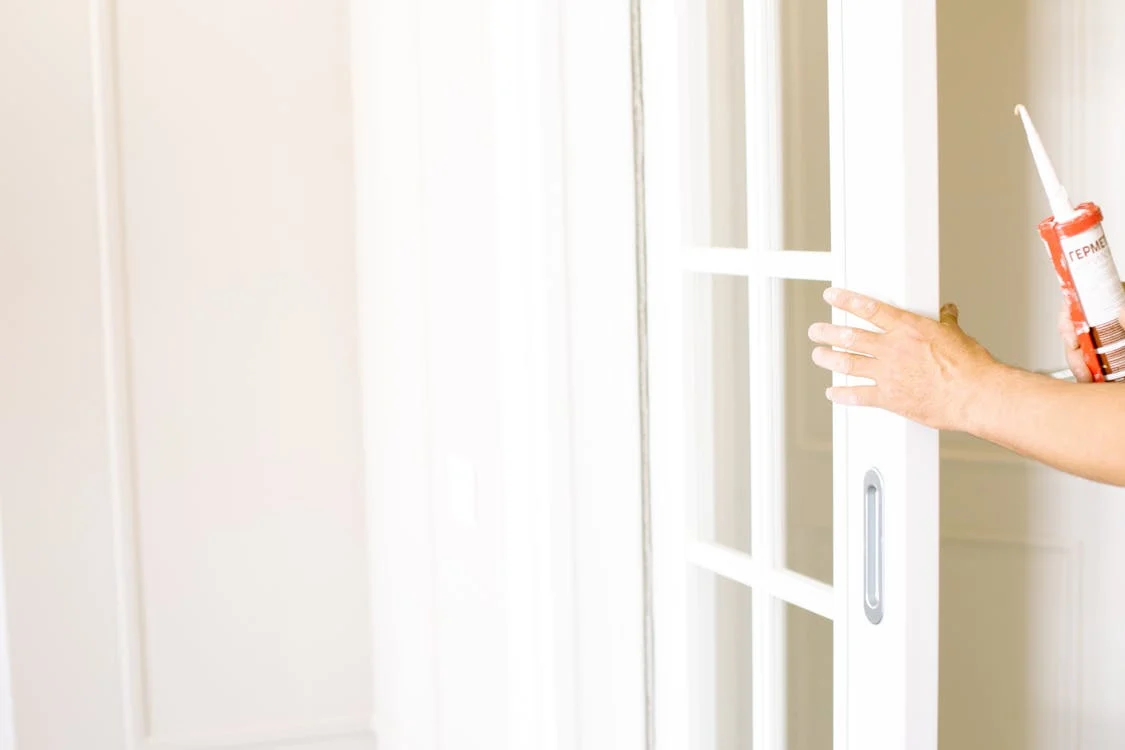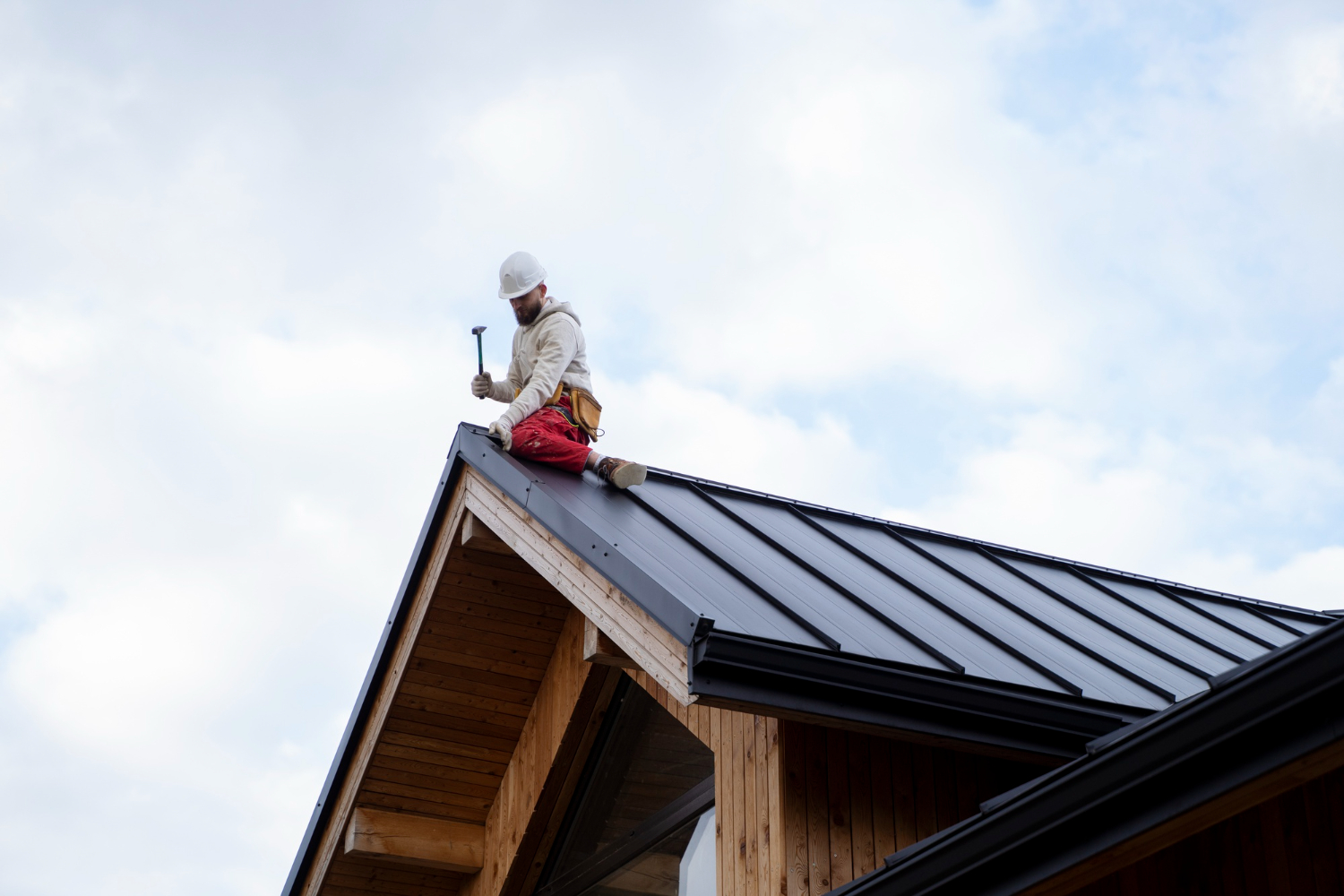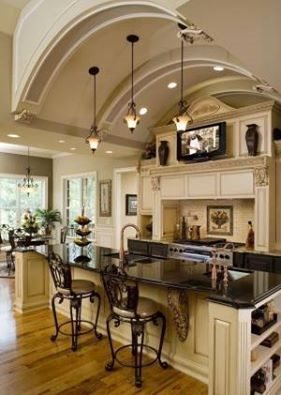By using our website, you agree to the use of cookies as described in our Cookie Policy
a
Rss Feed
Key Considerations for Historic Home Renovations
Renovating a historic home can be a rewarding project that brings out the charm and character of the past while updating it for modern living. However, it requires careful planning and consideration to preserve the home's historical integrity. Here are some key considerations to keep in mind when renovating a historic home.
Understanding Historical Significance
Before starting any renovation work, it's important to understand the historical significance of the home. This involves researching the home's history, architectural style, and any historical events or figures associated with it.
- Research the history: Look into the home's past to understand its original design, materials, and any changes that have been made over the years.
- Consult with experts: Work with historians, architects, and preservationists who specialize in historic homes to gain insights into the best practices for renovation.
- Identify key features: Determine which elements of the home are historically significant and should be preserved or restored.
Understanding the historical significance of the home will help guide your renovation decisions and respect its unique character. This knowledge can also help you navigate any regulations or guidelines set by local historical societies or preservation boards.
Preserving Original Features
One of the main goals of renovating a historic home is to preserve its original features. These features give the home its unique charm and character, and they should be carefully restored or maintained whenever possible.
- Restore original materials: Whenever possible, restore original materials such as woodwork, plaster, and masonry rather than replacing them with new materials.
- Repair rather than replace: Focus on repairing original features like windows, doors, and hardware instead of replacing them with modern alternatives.
- Use period-appropriate materials: If replacement is necessary, use materials that match the original in terms of style, quality, and craftsmanship.
Preserving original features not only maintains the historical integrity of the home but can also add value and appeal. It's important to work with skilled craftsmen and contractors who have experience with historic homes to achieve the best results.
Modern Updates with Sensitivity
While preserving the historical aspects of the home is important, modern updates are often necessary to make the home comfortable and functional for today's living. These updates should be done with sensitivity to the home's original design and character.
- Update systems discreetly: Modernize electrical, plumbing, and HVAC systems in a way that minimizes disruption to the original structure and appearance.
- Blend old and new: Incorporate modern amenities and design elements that complement the home's historical style rather than clash with it.
- Respect the layout: Make changes to the floor plan with care, preserving the original layout and flow of the home as much as possible.
Balancing modern updates with historical preservation can be challenging, but it is possible with careful planning and attention to detail. The goal is to create a home that meets modern needs while honoring its historical roots.
Regulatory Compliance
Renovating a historic home often involves navigating various regulations and guidelines set by local, state, or national preservation authorities. Compliance with these regulations is essential to avoid legal issues and potential fines.
- Obtain necessary permits: Before starting any work, secure the required permits from local building authorities and historical preservation boards.
- Follow preservation guidelines: Adhere to guidelines set by preservation authorities regarding materials, methods, and design changes.
- Document changes: Keep detailed records of all changes made during the renovation to provide a clear history of the home's evolution.
Working with professionals who are familiar with historic preservation regulations can help streamline the process and make sure your renovation project complies with all necessary requirements.
Renovating a historic home is a unique and rewarding experience that requires careful planning and consideration. By understanding the historical significance, preserving original features, making sensitive modern updates, and complying with regulations, you can create a beautiful and functional home that honors its past. If you're planning a historic home renovation in the Largo, FL area, consider consulting with the experienced professionals at Rose Building Contractors. Contact us today at 727-596-2390 to discuss your project and receive expert guidance.
‹ Back






.png)
